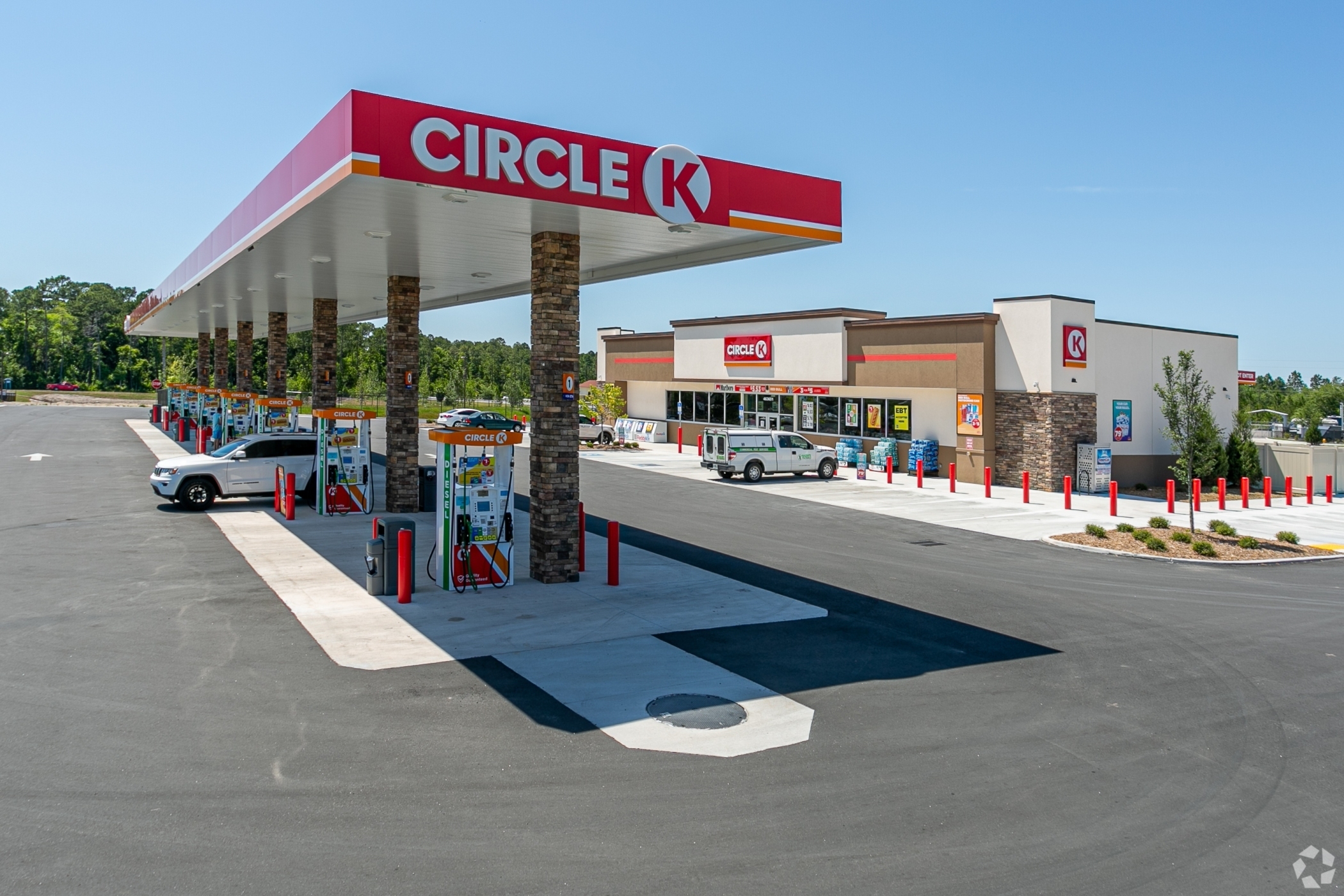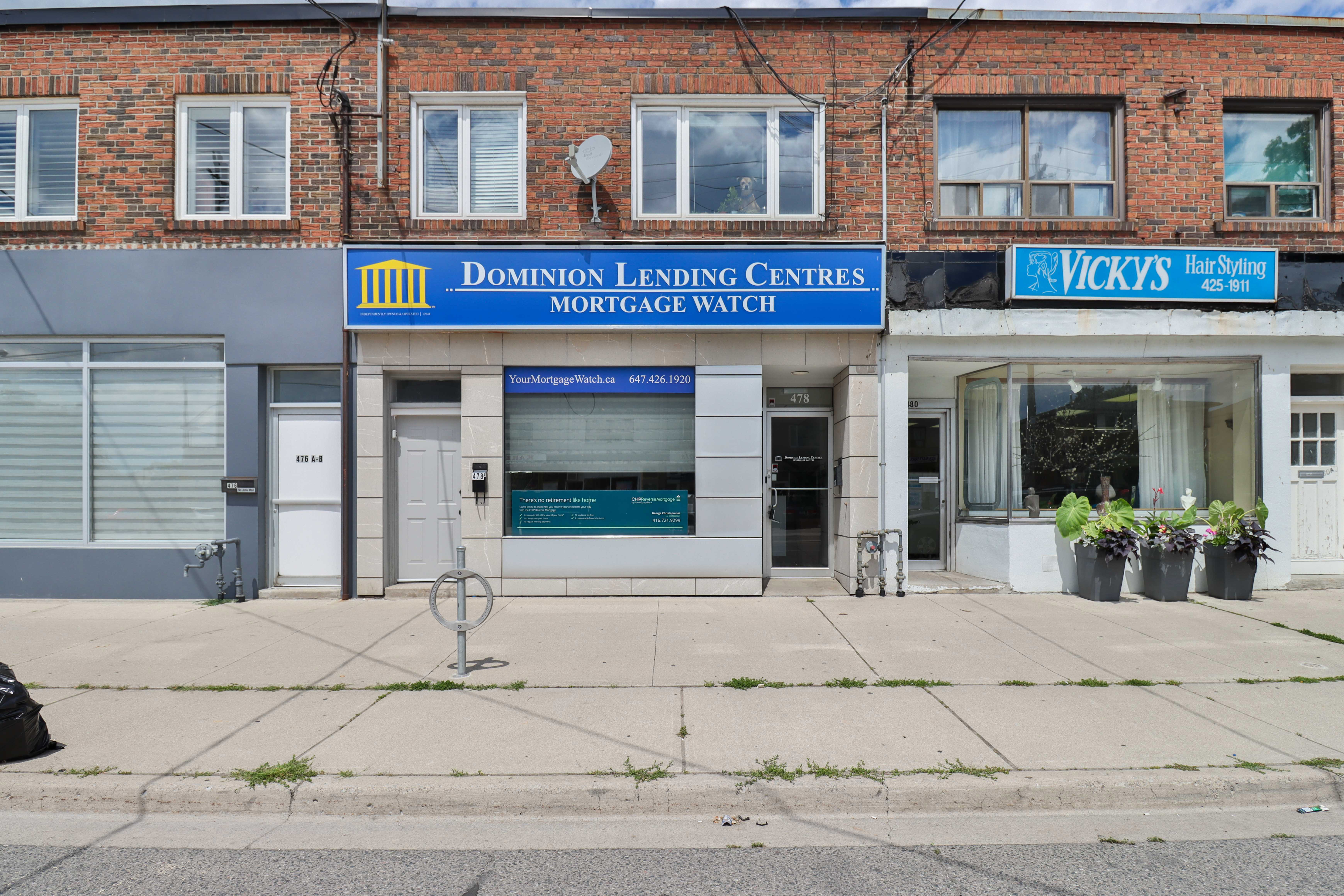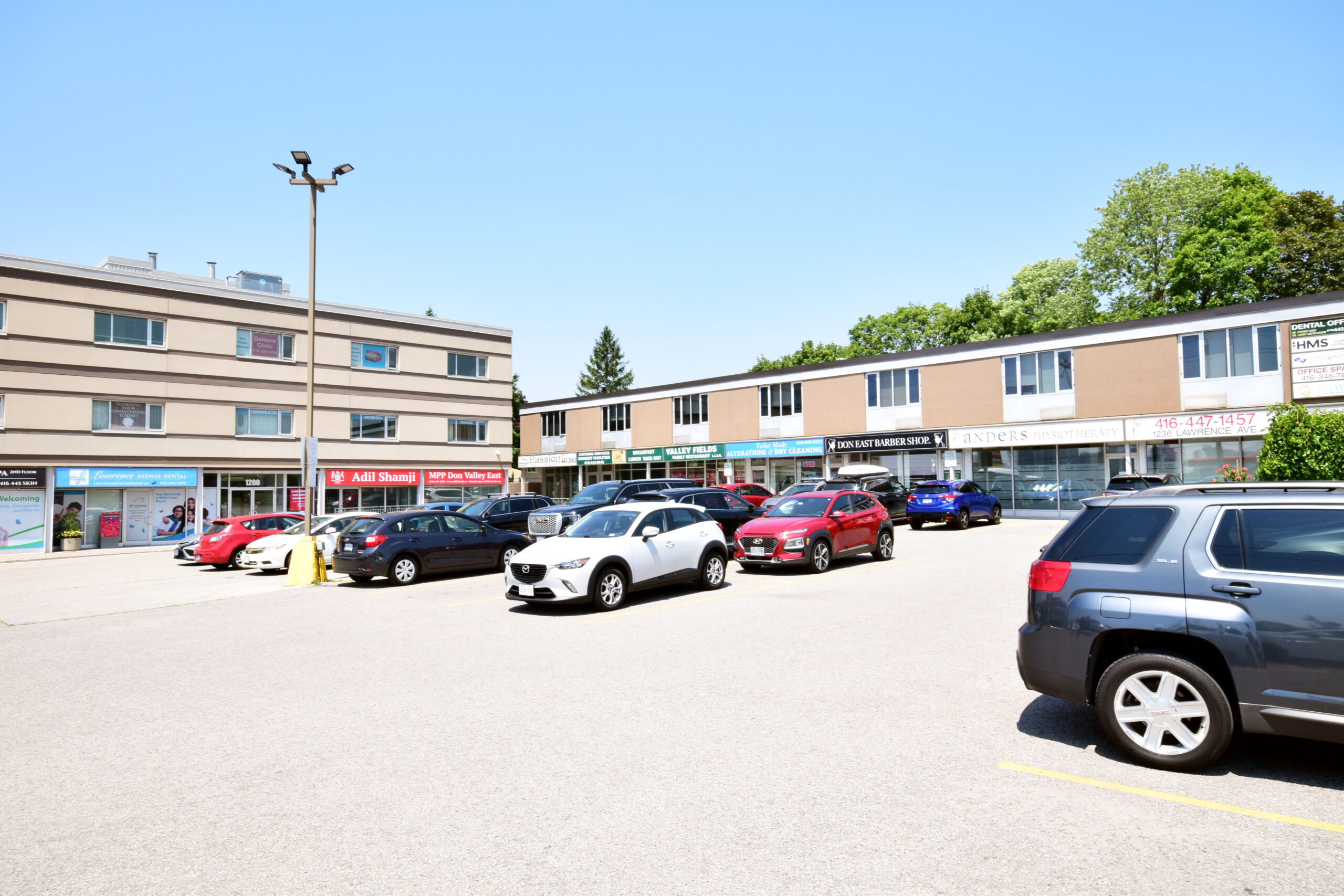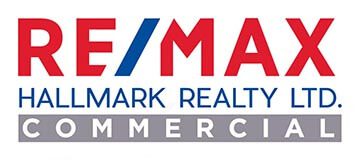Couche-tard To Add Circle K Stores As Global Chain Ponders Expanding Offerings

Couche-tard To Add Circle K Stores As Global Chain Ponders Expanding Offerings
While Couche-Tard executives have been trying to hammer out a megadeal to acquire the 7-Eleven convenience store chain from Seven & i Holdings, construction workers have been wielding tools in an effort to build more Couche-Tard stores.
The Laval, Quebec-based convenience store owner of the Circle K convenience store empire aims to complete 41 new stores in the upcoming quarters, after delivering 97 new stores in the recently finished fiscal 2025, according to its recent earnings report. Couche-Tard said it built or relocated 20 stores during the 12 months through April.
Couche-Tard did not specify the locations of the new outlets, but the expansion would include 40 franchised locations in Upstate New York, according to a November LinkedIn post by Justin Shelton, Circle K director of finance and planning, global franchise.
The Couche-Tard chain grew from a single store owned by current Chairman Alain Bouchard in 1980 to nearly 17,000 stores worldwide. The chain has over 7,100 outlets in 48 states of the United States under the Circle K and Holiday banners.
In the United States, government regulators are requiring Couche Tard to sell an estimated 2,000 locations as part of the deal to purchase the 85,000 stores of the 7-Eleven chain from Seven & i of Japan. Roughly 13,000 of those outlets are in the United States and Canada.
In a separate deal, Couche-Tard sold 35 stores in Ohio, Indiana and Pennsylvania to MapCo in return for government approval for Couche-Tard to acquire 270 stores from the GetGo Cafe & Market chain for about US$1.6 billion, as reported in CoStar News.
Both GetGo and 7-Eleven customarily offer more prepared food items than Couche-Tard and Circle K, most notably in Japan. The possible combination of the two chains has created speculation that Circle K could also increasingly embrace the prepared food trend.
Higher sales in Europe
Food sales in Circle K’s more than 5,000 European stores amount to roughly 40% of the overall purchases. The total drops 15% to 25% in North America, according to the National Association of Convenience Stores
Alimentation Couche-Tard co-founder Alain Bouchard has said that North American stores offer less fresh food because they have more restaurants to compete with, making it more difficult to attract a significant market share of the prepared food sector.
However, Bouchard has also expressed the ambition of adding more food offerings, as seen in the company program branded FFF, for fresh food fast.
“We have to transform ourselves as an industry,” Bouchard said in a rare public appearance at a trade industry interview conference in 2023. “If we stay the way we are, we will disappear. We have to adapt our product mix. The millennials are different, and they are asking for a different supply.”
Bouchard, now 76, is Quebec’s wealthiest person with an estimated net worth of US$6.7 billion and could not be reached for comment, as CoStar News has made a series of unanswered telephone calls and emails. A receptionist at the Laval headquarters of the operation said that Bouchard rarely comes to the office.
One industry expert said that Couche-Tard could eventually go along with the prepared food concept.
“People are much more open to trying new things and experiencing new tastes and the internet probably accelerated that with social media,” said Jeff Lenard, vice president of industry advocacy at the National Association of Convenience Stores, in an interview.
Prepared food already represents 26% of sales at convenience stores in the United States, according to Lenard, as shoppers are increasingly demanding something other than packaged foods.
“The traditional supply chain for convenience stores was limited delivery limited distribution as little as once every two weeks, so the genesis of the industry was focused on packaged goods that had a long shelf life and little spoilage. It made perfect sense for decades, but things have changed,” said Lenard.
If Couche-Tard takes over the 7-Eleven chain, the combined operation would have roughly 20,000 of the estimated 150,000 convenience stores in the United States. Over 90,000 convenience stores in the United States are operated by independent organizations.
Source CoStar. Click here for the full story.











